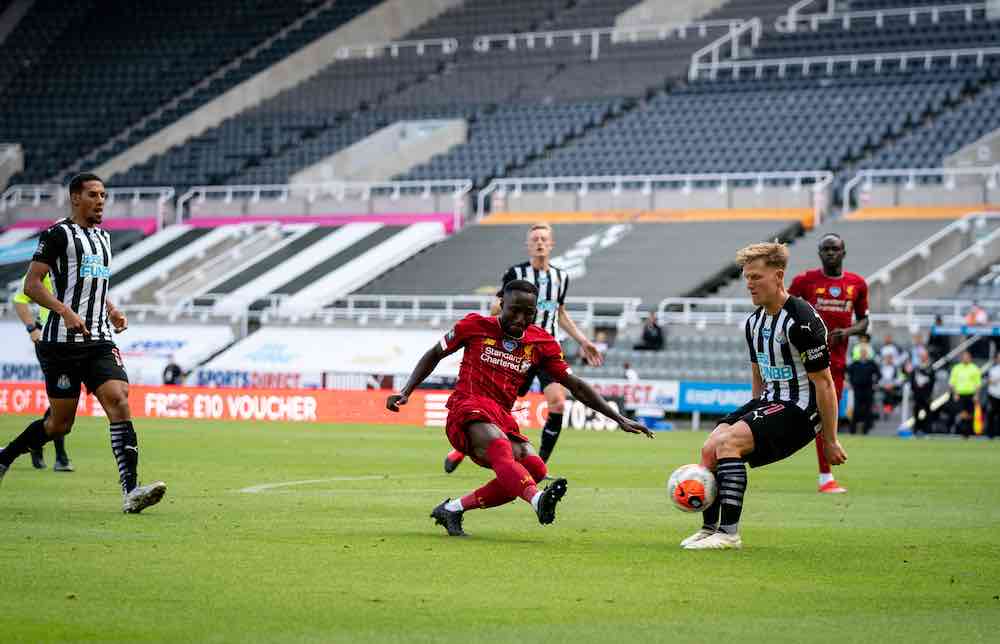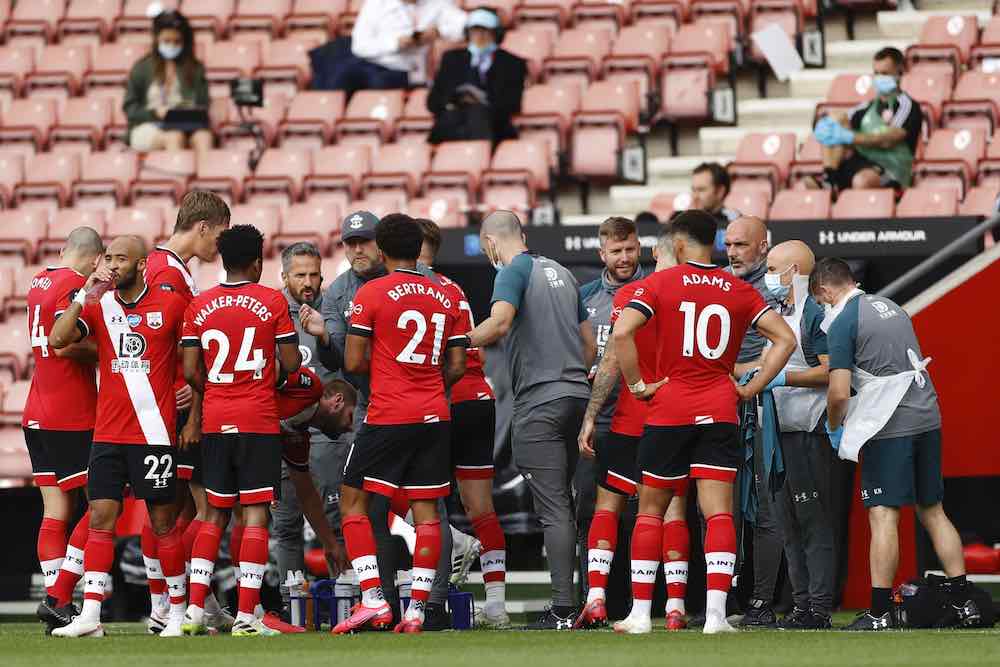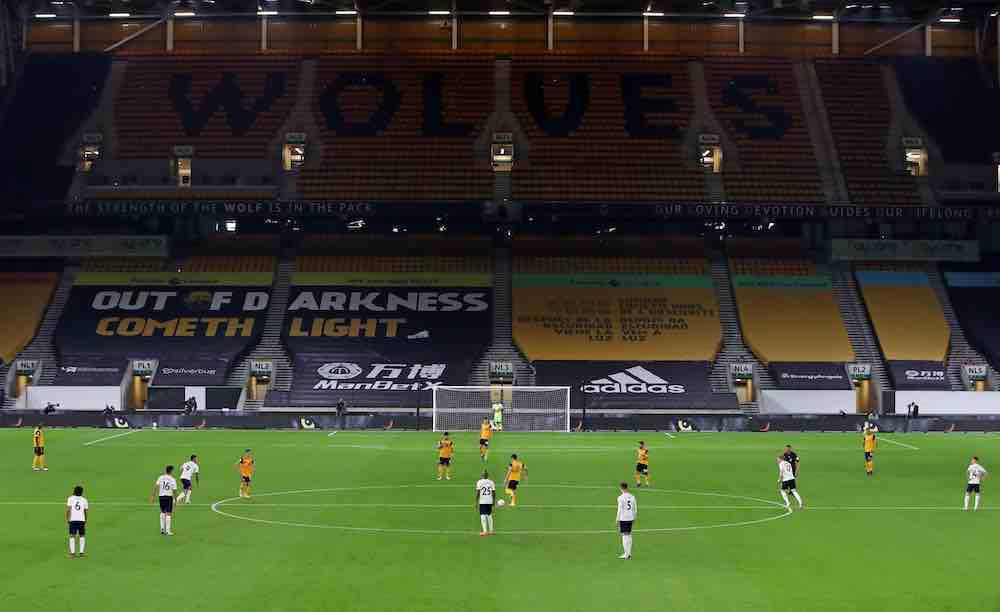By Raj Chopra.
Football, described as the ‘beautiful game’, requires a number of physical and technical attributes in order for those playing to flourish.
Strength, ball control, speed, and power are a few examples, but what about the attributes of the mind? Confidence, quick thinking, and concentration — these attributes are just as important if not more so.
With no fans in stadiums, do we really understand the long-term impact this may have on the footballer’s mindset and football generally?
For four months, footballers across the UK have been playing with no fans present. The euphoria of the crowd when a team enters the pitch, famous chants belting out about the fans’ favourites, and that roar from the crowd when there’s a near miss or a goal have all been put on hold until we are safe to congregate in masses again.

Even when watching football on television during the past few months, it has been difficult to get used to the lack of atmosphere in the stadiums. But for the professionals playing the game, who are used to playing in front of large crowds, how is this impacting them and their level and style of play?
Footballers expect to play in front of crowds be they large or small, and some thrive on the atmosphere they generate.
Players visibly increase their level of performance on hearing their name being sung by the fans. A player will put in a few consecutive crunching tackles, playing up to the crowd which in turn lifts the stadium further, and there are also the show-boaters or tricksters who will dance around the ball to get a reaction from their audience.
Although we may currently see players still doing tricks on the pitch without fans in the stadiums, the effect surely has an impact on their performance.
Let’s take a player like Cristiano Ronaldo who when making his debut for Manchester United on 16th August 2003 against Bolton Wanderers, had United fans talking about him after the game with sheer excitement.
Ronaldo entered the game with 30 minutes to play and performed one of his first tricks turning two Bolton defenders before coming away with the ball. Upon receiving the ball again Ronaldo, at speed, performed two step-overs turning Bolton’s defenders inside out and nearly creating a goal.
The appreciation from the crowd within Old Trafford was evident. Ronaldo’s display of skill was not just to get past the Bolton defenders, he was also playing up to the crowd and announcing himself on the scene as an entertainer as well as a footballer.
I question whether we would have seen Ronaldo so exuberant if making his debut in an empty stadium. I also question the impact that playing his first four months for Manchester United in front of no fans might have had on his game in the long-term, especially in terms of confidence and style.
Ronaldo fed off the reaction from the fans. Each time he got the ball he lifted fans off their seats, the noise of the clattering plastic sounding in unison as they rose in anticipation.
Some will argue that Ronaldo would have shown the same level of flair with no fans, but can we really be sure? How many other Ronaldos are out there are refraining from showmanship during this period with no fans to react?

On the other side of the coin, abuse from fans within the stadium can be the catalyst that sparks a positive as well as a negative reaction from a player.
We’ve seen in the past that certain players considered a threat by the opposing support receive constant abuse which heightens when they receive the ball. Some players will use this abuse to their advantage and excel in their performance in order to get one over on the opposing fans.
But for those that react negatively, they may lose focus, which could result in poor passes, poor defending, a lack of composure, and poor decision making. This can turn the players own fans against them and even have a long-term effect on the player.
I do question what might be the mindset of players who are preferring the empty stadiums, knowing one day they will once again receive abuse during a game of football.
Some will no doubt make the most of this unprecedented period and some may become anxious nearer the time of fans returning. The negative effect may be a dip in form, resulting in prolonged anxiety which could be difficult for any player to shake off.
The longer football stadiums remain empty during these unprecedented times, the bigger the long-term side effect could become. What we must not do upon returning to full stadiums, is forget how this period may have affected players and their mindset when playing the game.


COMMENTS